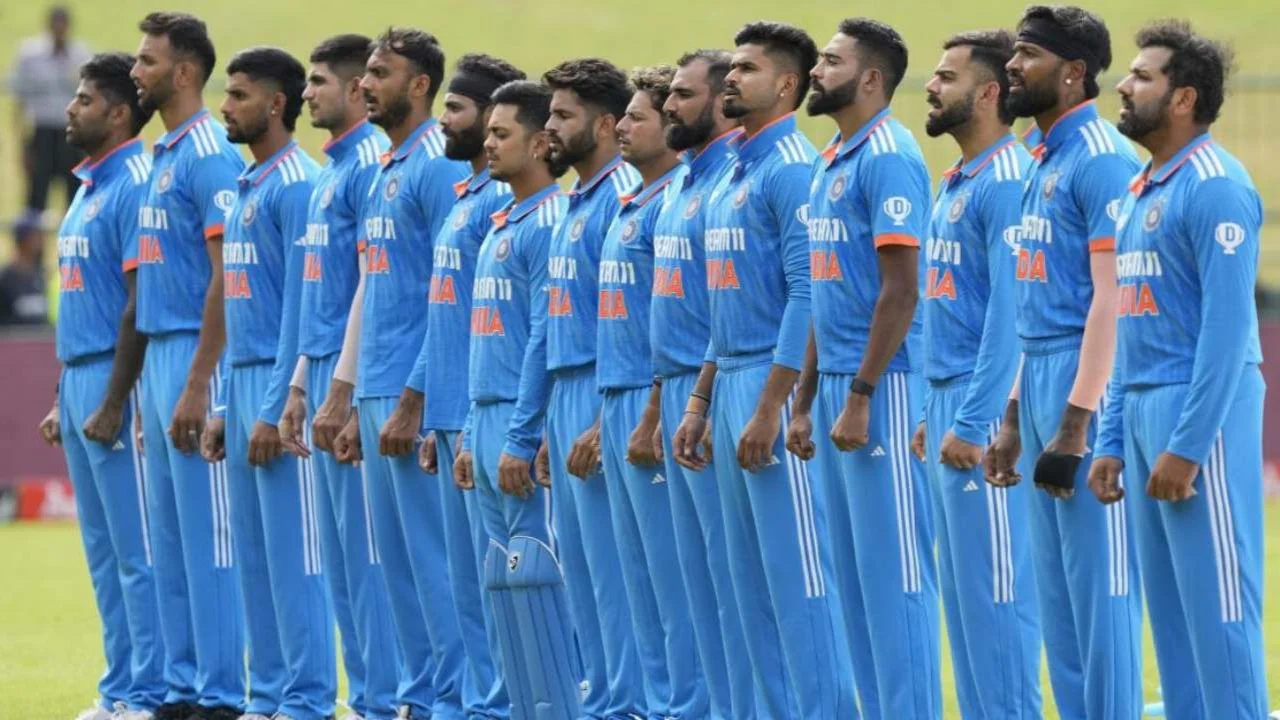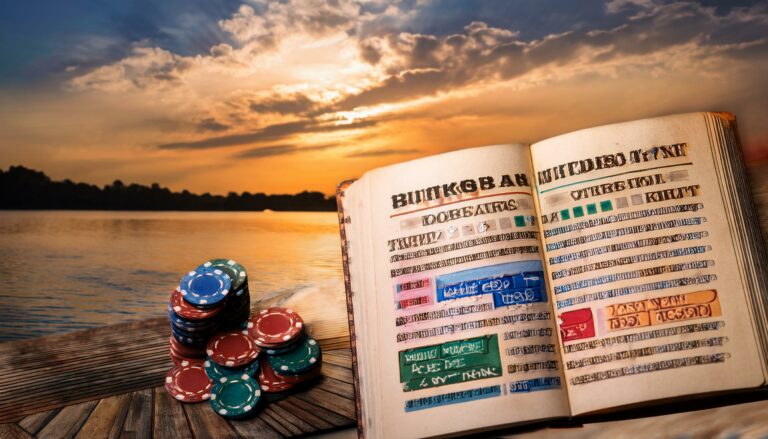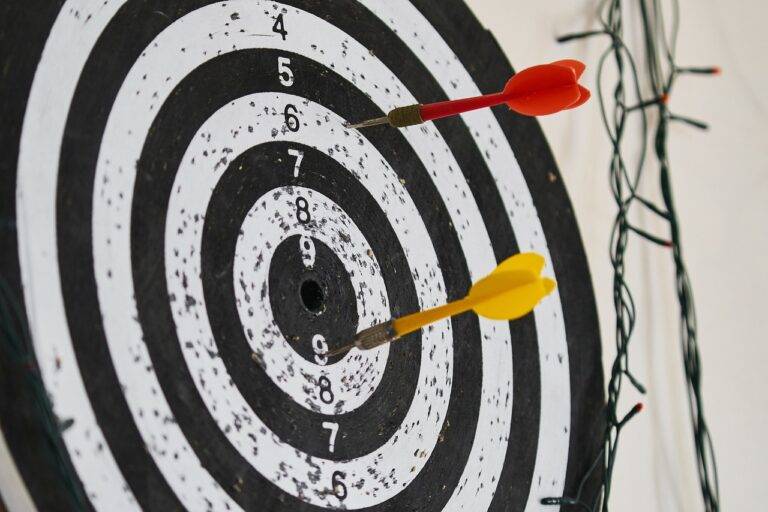Legal Implications of IPL Stadium Alcohol Sales: Laser247, Gold365, 11xplay
Laser247, Gold365, 11xplay: Potential licensing requirements vary depending on the location of the establishment. In general, the licensing process involves submitting an application to the appropriate regulatory agency, which may include details such as the business structure, ownership information, proposed operating hours, and security measures. Additionally, applicants may need to pass background checks and meet certain eligibility criteria to obtain a license.
Furthermore, it is crucial for establishments to comply with all relevant laws and regulations to maintain their license. Failure to do so can result in fines, suspensions, or revocations of the license. It is advisable for business owners to stay informed about any changes to licensing requirements and to promptly address any compliance issues to avoid potential legal consequences.
Regulations regarding Alcohol Advertising
Alcohol advertising is subject to strict regulations to ensure responsible marketing practices. Advertisements must not target minors or portray excessive drinking in a positive light. Additionally, any health claims made in alcohol ads must be supported by scientific evidence to prevent misleading consumers.
In some regions, alcohol advertising is prohibited on certain platforms or during specific hours to minimize exposure to vulnerable populations. There are also restrictions on the use of endorsements by celebrities or influencers in alcohol ads to prevent the glamorization of alcohol consumption. Advertisers must adhere to these regulations to promote moderation and safe drinking habits among consumers.
Liability for Intoxicated Patrons
Laws pertaining to liability for intoxicated patrons vary across jurisdictions, but the underlying principle remains consistent: establishments serving alcohol may be held responsible for the actions of patrons who become intoxicated on their premises. It is crucial for businesses in the hospitality industry to understand their legal obligations and take proactive measures to prevent serving alcohol to visibly intoxicated individuals.
From a legal standpoint, establishments can face civil liability if they continue to serve alcohol to patrons who are visibly intoxicated and subsequently cause harm to others. This can include accidents caused by drunk driving or altercations resulting from impaired judgment. By implementing responsible alcohol service practices and training staff to recognize signs of intoxication, businesses can mitigate the risks associated with serving alcohol to patrons who are already intoxicated.







